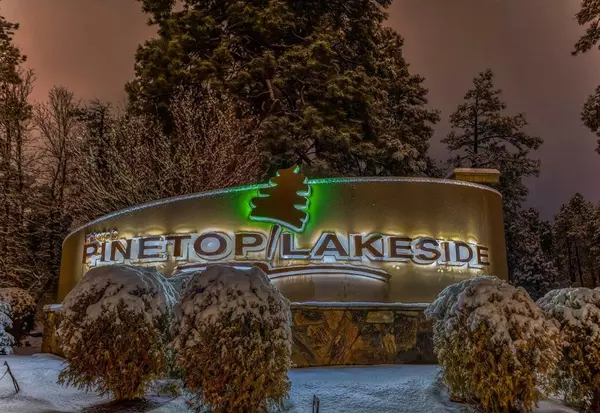Department of Energy HVAC Systems Requirements - 2025

As of February 2025, the U.S. Department of Energy (DOE) has implemented several key requirements and updates concerning HVAC systems:
1. Efficiency Standards:
-
2023 Updates: Effective January 1, 2023, the DOE introduced new minimum efficiency standards for residential and commercial HVAC equipment. These standards are region-specific and are measured using the SEER2 (Seasonal Energy Efficiency Ratio 2) and HSPF2 (Heating Seasonal Performance Factor 2) metrics.
- SEER2 and HSPF2 Metrics: These metrics reflect a more stringent testing procedure designed to better represent real-world operating conditions.
2. Refrigerant Regulations:
- 2025 Changes: Starting January 1, 2025, the DOE mandated that all newly manufactured HVAC systems use environmentally friendly refrigerants to mitigate global warming. This transition has led to increased costs for HVAC systems, with prices rising by approximately 30% to 50% compared to mid-2024.
3. Financial Incentives:
- Inflation Reduction Act (IRA): Signed into law in 2024, the IRA offers financial incentives to promote energy efficiency. In Arizona, for instance, low-income residents can receive up to $8,000 to upgrade their heating and cooling systems. Full rebates are available for households earning below 80% of the area median income, while partial rebates are offered to those earning between 80% and 150%.
4. Recent Administrative Actions:
- February 2025 Announcement: The current administration announced a delay in implementing seven energy and water efficiency mandates established under the previous administration. This postponement affects various household appliances, including central air conditioners. The stated goal is to reduce consumer costs and increase product choices.
For the most current and detailed information on HVAC upgrade requirements and available incentives, it's advisable to consult the DOE's official website or contact local energy authorities.
Categories
Recent Posts











